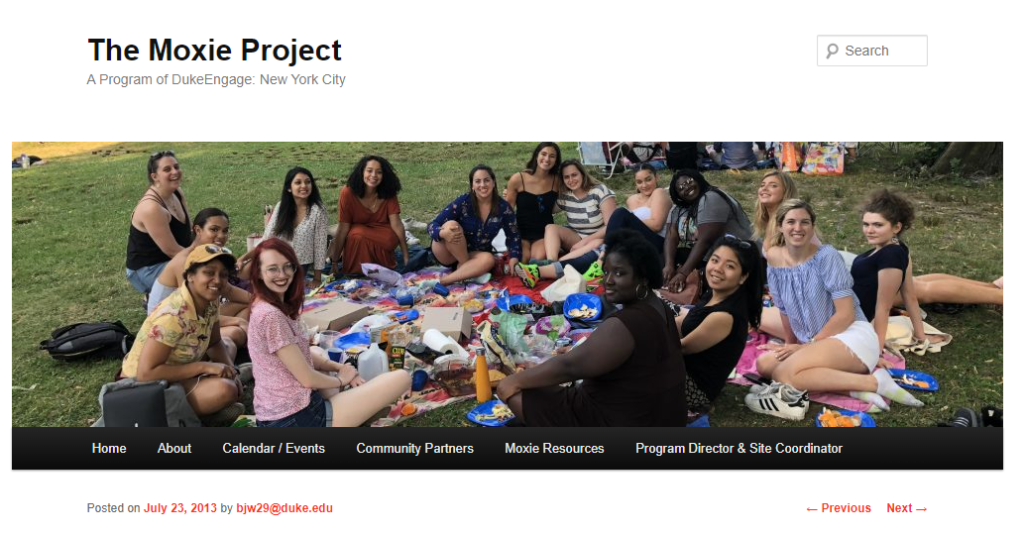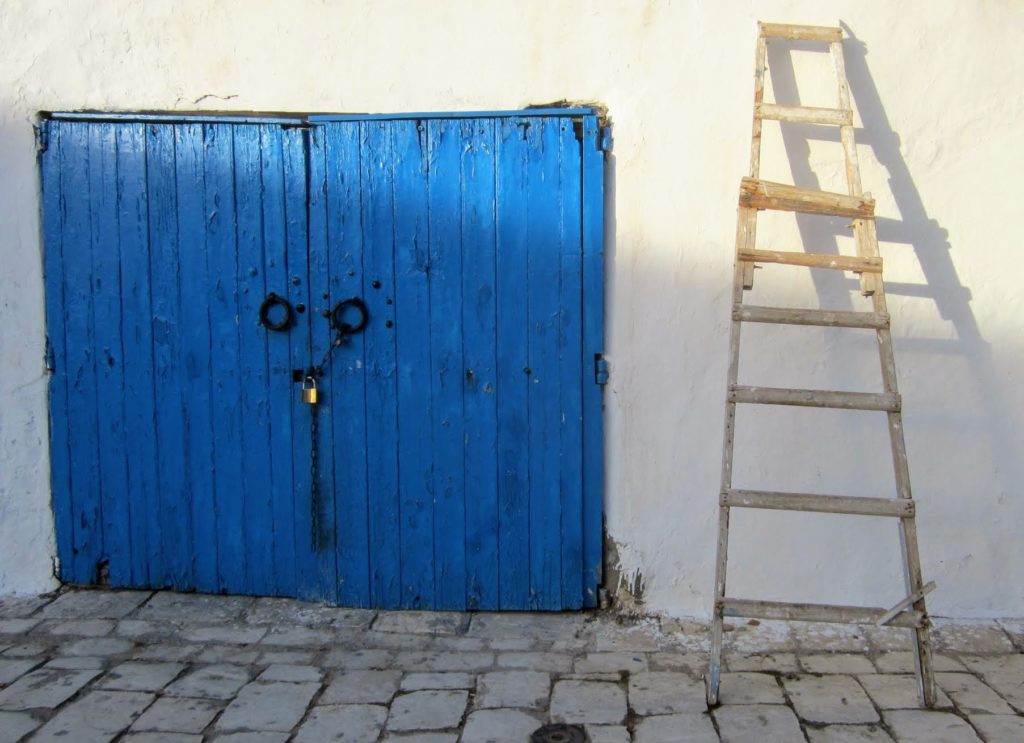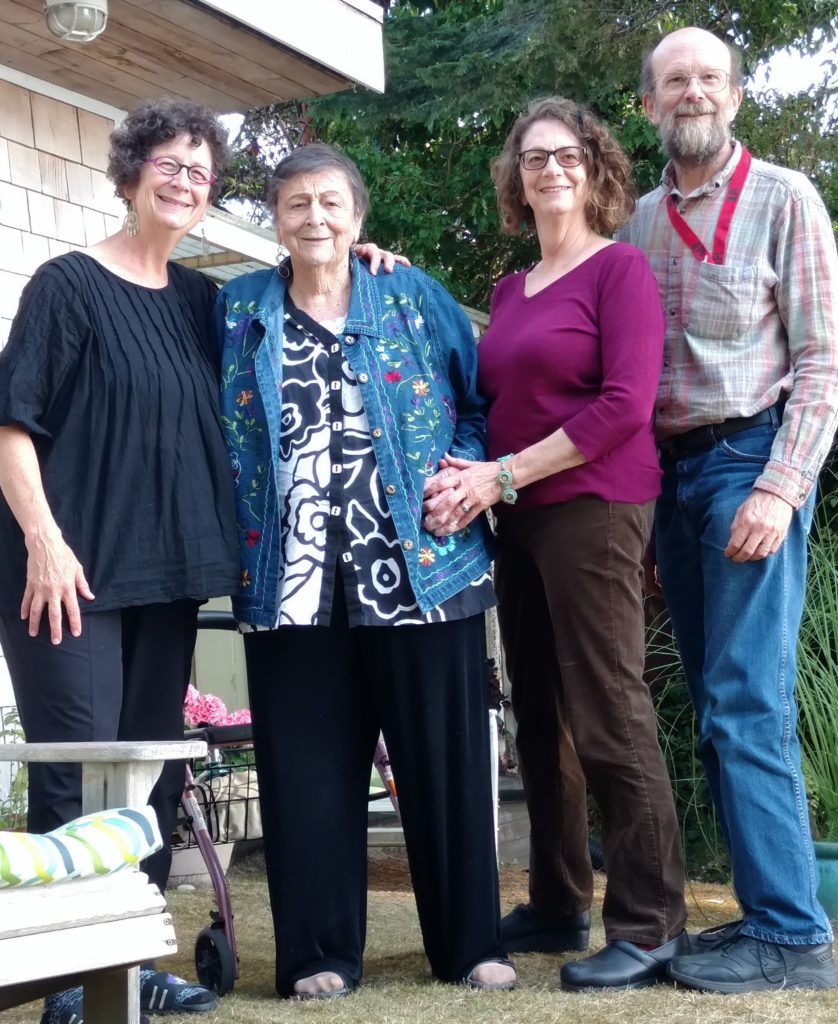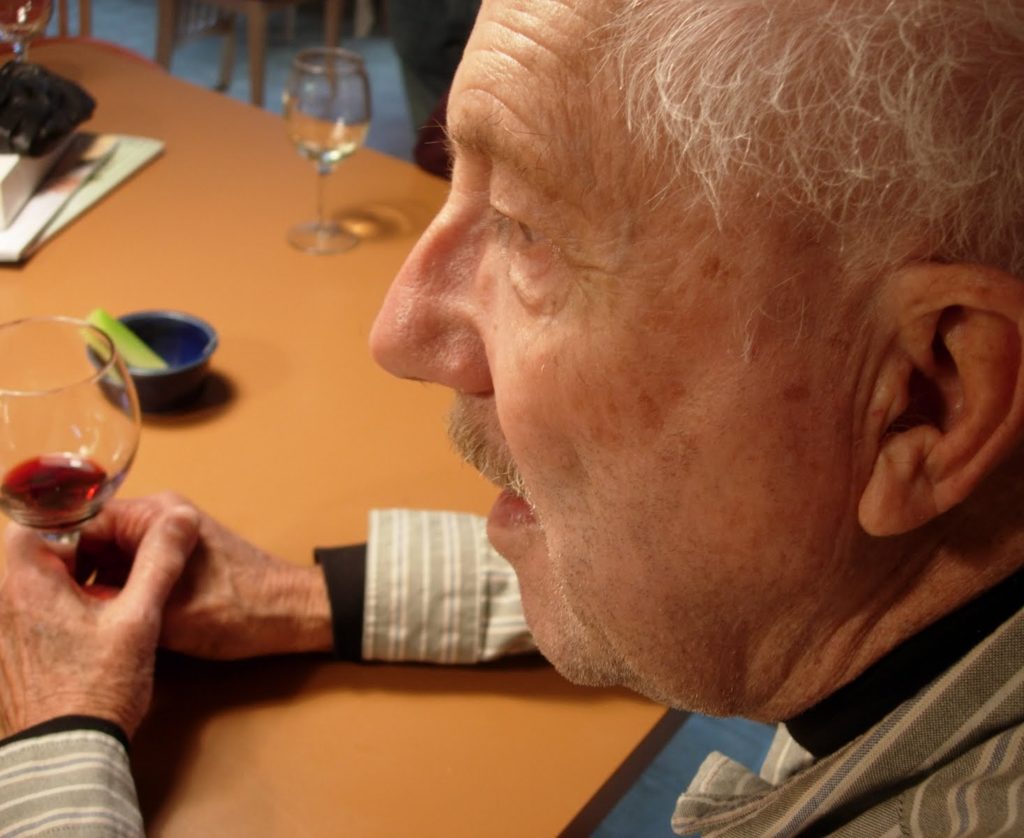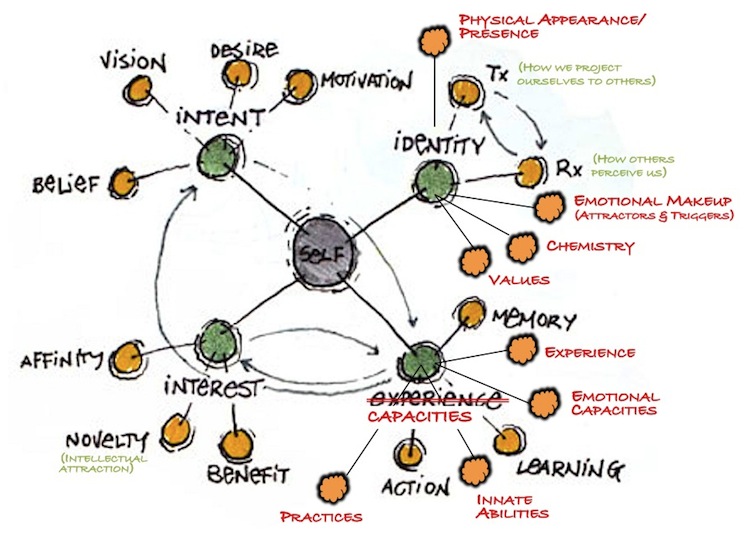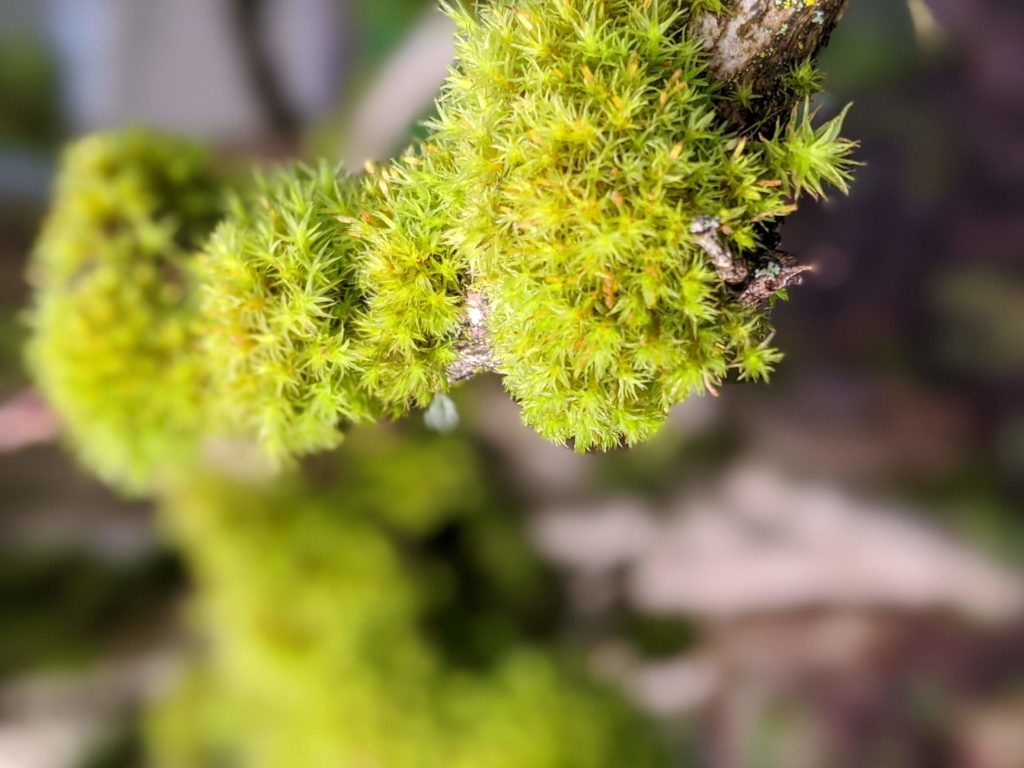I’m not sure why I never posted this. I regret not sharing this with the students in my role as their blog commenter. The last post on the Project Moxie site is 2020. I was a commenter in 2013. How often do we get to cross over our silos of age, space and domain and reflect together?
———————
First, a rather long preamble. Feel free to skip. For a number of years I’ve participated as a volunteer in the Duke Reader Project. The origins of the project were to find alumni to act as critical readers of a students writing in a particular course. Last year they added blogs as part of some of the summer experiences Duke students can join. Last year I followed a group in Durban, South Africa. It was a “so-so” experience. The students didn’t blog regularly and none replied to questions or responses from their readers.
This year I got picked to be a commentor for the The Moxie Project. (More here.) I was encouraged by the topic (working with women’s organizations in New York City,) and by the level engagement of the sponsor, Ada Gregory.
Here was our introduction to the project:
Dear Readers,
Thanks so much for agreeing to support us by reading and responding to the student blog for DukeEngage NYC– the Moxie Project. The blogging is much more meaningful when students have a community that is following along with them, pushing them to think more deeply, and encouraging them when they need it.
Tomorrow 10 students will arrive to begin their summer in New York City. They’ll begin work first thing Monday morning with little time to adjust to the pace of the city, 9-5 work, or the challenges of the Moxie Project. Each of them crafted a pre-arrival blog that you can read now!
Each week throughout the summer, I will send you a brief note about the activities and topics we’ve been discussing and a link to the blog when new posts are up. You can expect to see about five blogs each week from different students. Some posts will be crafted in response to a particular prompt, which I will share with you. However, students are also encouraged to write about whatever might be most significant to them during that particular week.
… Please do not feel pressure to leave comments on every post. Look for posts with few responses and, of course, ones that are most interesting to you.Let me know if you have any questions at all. Again thanks so much for helping us. It should be a great summer!
Enjoy their blogs: sites.duke.edu/moxie
Ada
This week our writers have posted their final reflective blogs and I decided to go off-script and compose a blog post TO them, reflecting on my “Moxie-at-a-distance” experience. So here goes.
Dear Moxies
I’m stealing Brianna’s method of “five things” to take a moment and share what I’ve learned and what it has meant to be to be a Moxie project reader. This is my way of thanking all of you for letting me have a peek inside of your experiences and your courage in posting your thoughts out to the world.
1. Feminism, it all its glorious (and often misunderstood) diversity is alive and well in your generation. THANK GOODNESS!
2. Life is busy, but it is very much worth taking the time for reflection.
3. Some things tie our generations together. Some things give me a sense of a chasm.
4. Reading about sex still makes me squirm.
5. We can/must/won’t ever stop learning.
